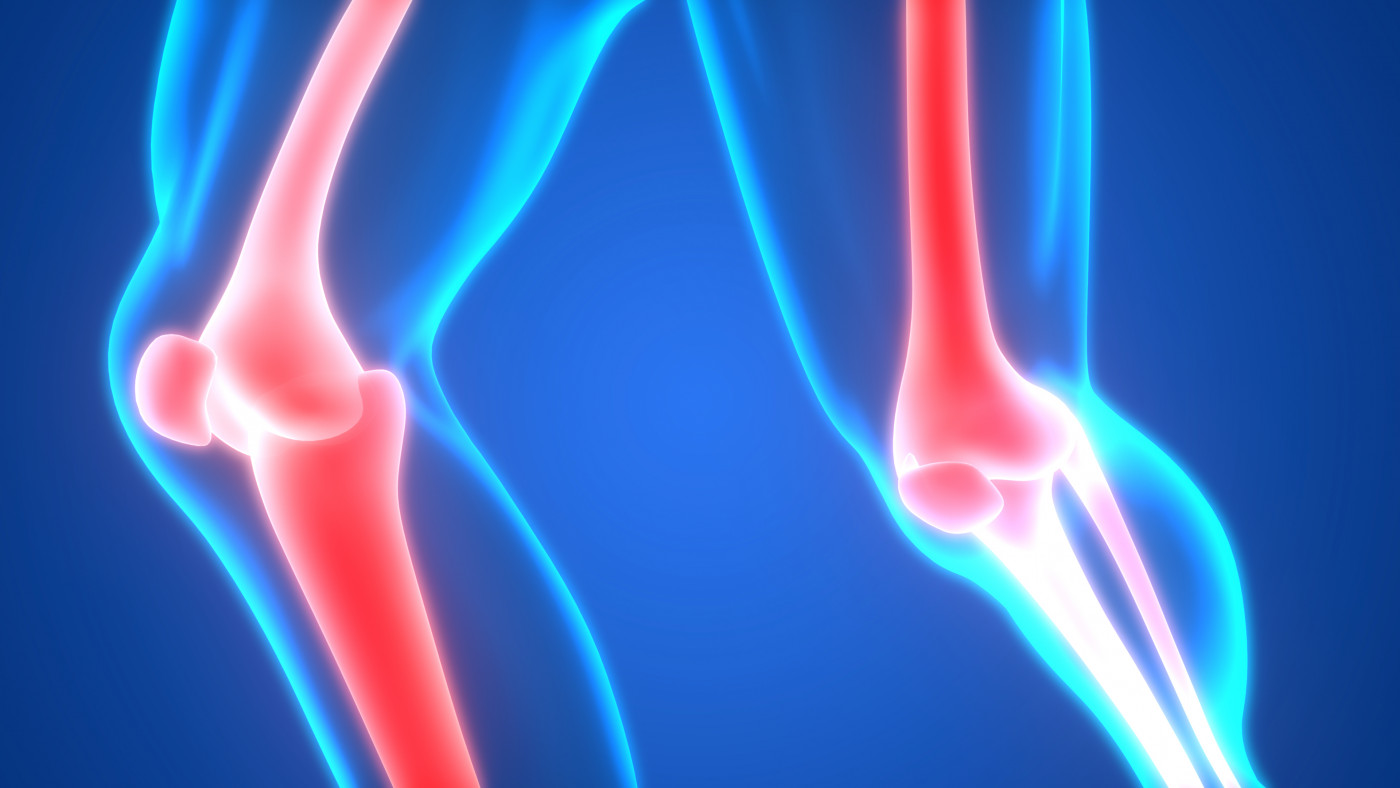Eloctate Improves Joint Health in Hemophilia A, Phase 3 Study Shows
Written by |

Interim results from the Phase 3 ASPIRE study indicate that patients with hemophilia A showed continuous improvement in joint health for nearly three years while receiving prophylactic dosing of Bioverativ and Sobi’s Eloctate.
The interim results were reported in a study titled, “Improved joint health in subjects with severe haemophilia A treated prophylactically with recombinant factor VIII Fc fusion protein,” published online in the journal Haemophilia.
The Phase 3 clinical trial ASPIRE (NCT01454739) is an extension of the Phase 3 A-LONG trial (NCT01181128) of Eloctate in adults and adolescents with hemophilia A.
Patients from the A-LONG trial enrolled in the ASPIRE study continued taking Eloctate to prevent bleeding. Forty-seven of those patients were included in this analysis.
The interim results reported from the ASPIRE study pay particular attention to joint health in the participants because bleeding into the joints is a significant cause of illness and disability in hemophilia patients.
The results show that joint health in the participants improved during the nearly three-year period covered in the analysis. Improvements were seen in patients independently of their prior treatment regimen, the severity of their joint damage, or the joints affected. Joint health improvements were most notable in hemophilia A patients with poor joint health.
A modified version of the Hemophilia Joint Health Score (mHJHS) was used to assess joint health by measuring swelling, muscle atrophy, alignment, range of motion, joint pain, strength, and global gait. The higher the mHJHS score, the more severe the condition. The components with greater improvement at year two of the trial were swelling, range of motion, and strength.
Eloctate is an artificially produced Factor VIII, the blood clotting factor missing or defective in hemophilia A. In Eloctate, Factor VIII is fused with another protein that prolongs the length of time the protein is active in the body. The drug is marketed as Elocta in the EU and the Middle East.
“Gradual joint destruction, which is the leading cause of morbidity for people with hemophilia, remains a significant challenge in the treatment of hemophilia A,” Professor Johannes Oldenburg, MD, of the Institute of Experimental Haematology and Transfusion Medicine at the University of Bonn, Germany, and lead author of the published study, said in a press release. “This is the first study to show that functional joint health can continue to improve using prophylactic treatment with an extended half-life factor therapy, even for those who have severe joint disease at the start of treatment.”
“These findings demonstrate the potential long-term benefit of prophylactic treatment with ELOCTATE on joint health for people with hemophilia A, particularly for those with severe joint damage, regardless of their pre-study prophylaxis or episodic treatment regimens,” said Maha Radhakrishnan, MD, senior vice president of the medical division at Bioverativ.
“Similar positive results were observed in people with hemophilia B for the first time when treated with ALPROLIX in the long-term extension study B-YOND. Through our partnership with Sobi, we are focused on finding ways to help people with hemophilia better manage their joint health through our extended half-life therapies. This work also supports Bioverativ’s innovative imaging collaboration with Invicro that is focused on advancing the use of imaging for diagnosis and management of joint health,” Radhakrishnan added.
“We are very encouraged by the results of this study as they reinforce the positive impact prophylactic treatment with Elocta has the potential to provide on joint health and patient outcomes,” said Krassimir Mitchev, MD, PhD, vice president and medical therapeutic area head of haemophilia at Sobi. “Along with Bioverativ, we are dedicated to the further study of Fc fusion technology in order to better understand and address the significant unmet needs that remain in hemophilia.”
Alprolix (coagulation factor IX (recombinant), Fc fusion protein) is a recombinant clotting factor therapy developed for hemophilia B using the same approach as Eloctate and is also marketed by Bioverativ and Sobi.


